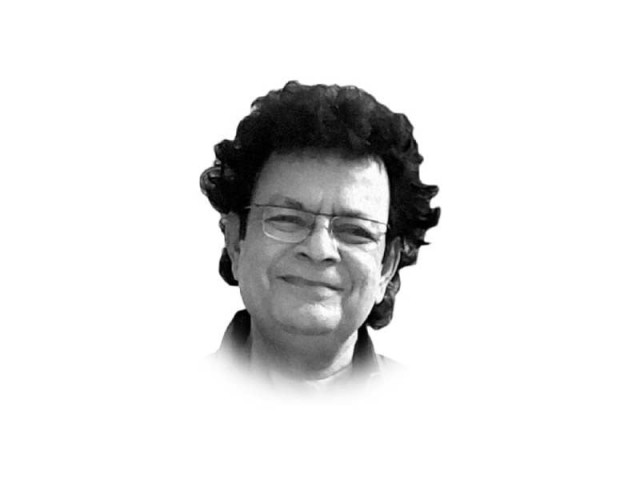Wounds of human history
The Crucible explores themes of mass hysteria, power of fear, importance of truth

Arthur Miller’s historical drama The Crucible, written in 1953, explores the events of the Salem witch trials in 1692. Miller uses the setting of the witch trials as a way to comment on McCarthyism era in the US during the 1950s and the dangers of mass hysteria and the destruction of innocent lives. The Crucible is set in the town of Salem, Massachusetts, where a group of young girls are caught dancing in the woods, practising what is perceived to be witchcraft. Fearing punishment, the girls begin accusing others in the town of practising witchcraft, leading to a frenzy of accusations and arrests. John Proctor, a respected farmer, becomes entangled in the hysteria as his wife, Elizabeth, is accused of being a witch. Eventually, he is also accused and despite his attempts to expose the girl’s lies, he is found guilty and sentenced to death.
The play explores themes of mass hysteria, the power of fear, the importance of truth. It portrays the moral dilemmas faced by the characters and the destructive effects of the witch trials on the community. The play also explores the theme of mass hysteria and how it can lead to the destruction of innocent lives. The girl’s initial accusation sparks a chain reaction of fear and paranoia among the people, leading to a climate where anyone can be accused and condemned without evidence. Furthermore, Miller portrays the dangers of unchecked authority and manipulation of the justice system. The court system is corrupted, with judges encouraging false testimonies and disregarding evidence that conflicts with the desired outcome.
Slander has always been one of the most filthy and heinous crimes in human history. In ancient era, theocracy was a universal system. Theocracy is a form of state in which the laws of the government are attributed to the commandments of God and where the supreme ruler claims himself to be God or a representative of God. That is the owner of supreme authority should not be the people and their representative. Rather, the claimant of ruling in the name of religion should be the only one. Therefore, at that time, everyone believed that the leadership of the state and laws are revelations from the Almighty and it is the duty of the people to obey the ruler and his orders. In the west, the church ruled in the name of religion for a thousand years. All this while, not only the human body but the human mind was also chained, and terrible punishments were given to terrorise people.
In every country of Europe, intellectuals, philosophers and scientists were accused of slander and burned alive. Russian writer Fyodor Dostoevsky has written on the use of violence in the name of religion in his novel, The Possessed. “In this world, the series of arrests and accounts continues and the ungodly are being thrown into the burning flames. Jesus comes to earth. He openly condemns the methods of torture. In response to this, he is accused of deviating from religion and is presented before the ombudsman. He is asked to present arguments to defend himself. Jesus says, ‘you do not know me, I am the founder of Christianity’. The ombudsman pays due respect and thanks him but at the same time warns him that the meaning of Christianity is now what the Christian church considers to be right.”
Those days, in an attempt to imprison the human mind, the human bodies were burned. But while the bodies were burned, the mind still lived. Thus, ideas lived on because they cannot be erased or imprisoned. As the West broke the chains of traditionalism and intolerance and laid the foundations of new knowledge and science, the shape of the world changed. On the other hand, the main reason for the stagnation in Islamic thought was that the Muslim societies had become a victim of stagnation. In Muslim societies the tradition of research, analysing and observing was not only abandoned by religious scholars and Sufis, but the religious extremist continued to label enlightened Muslim thinkers of middle era as infidel and atheists. As a result, we are stuck in the quagmire of intolerance and ignorance till today. Pakistan today stands where Europe stood centuries ago, our society is completely occupied by fanatics and we all are their slaves.
Published in The Express Tribune, December 20th, 2023.
Like Opinion & Editorial on Facebook, follow @ETOpEd on Twitter to receive all updates on all our daily pieces.













COMMENTS
Comments are moderated and generally will be posted if they are on-topic and not abusive.
For more information, please see our Comments FAQ